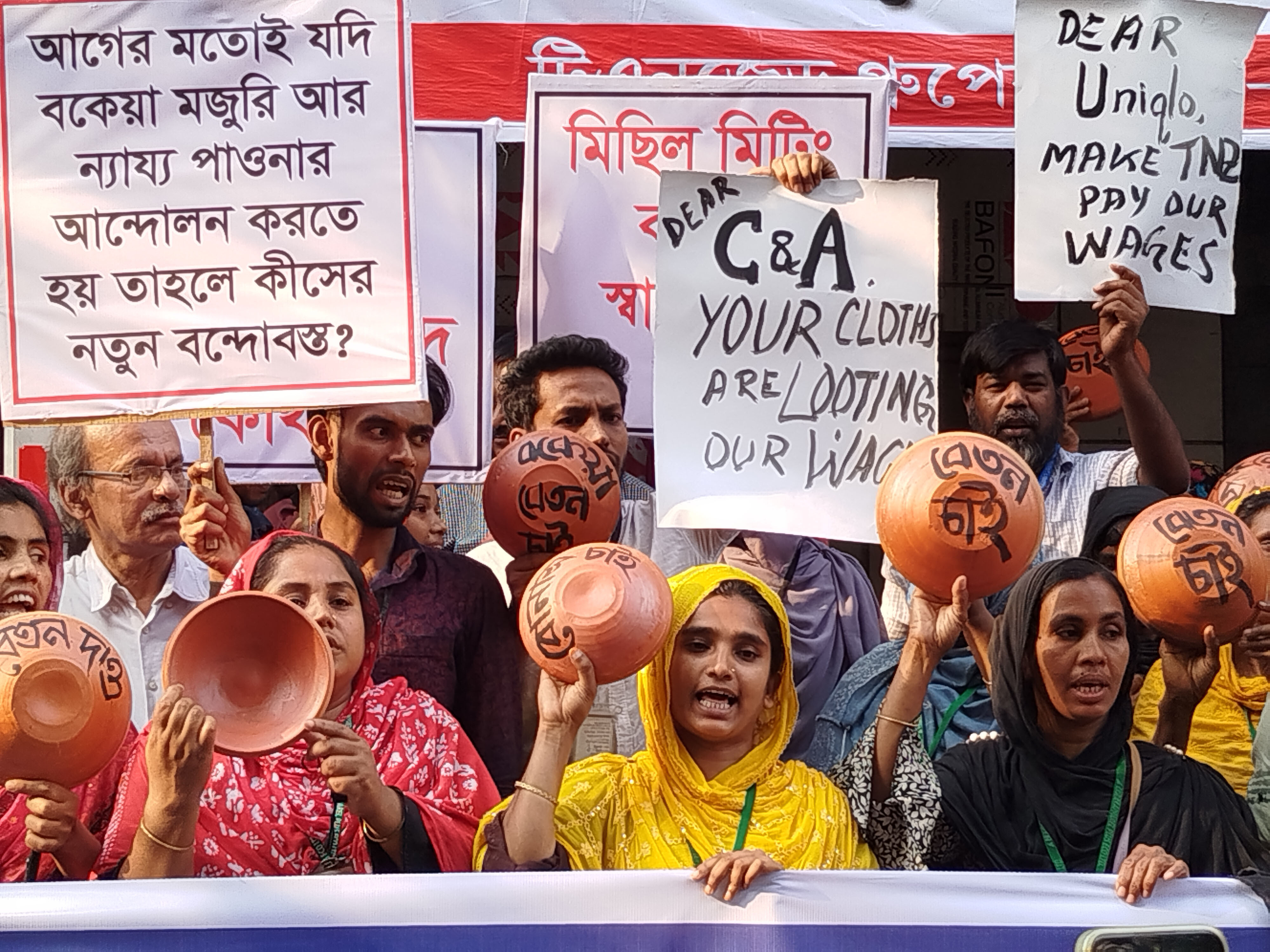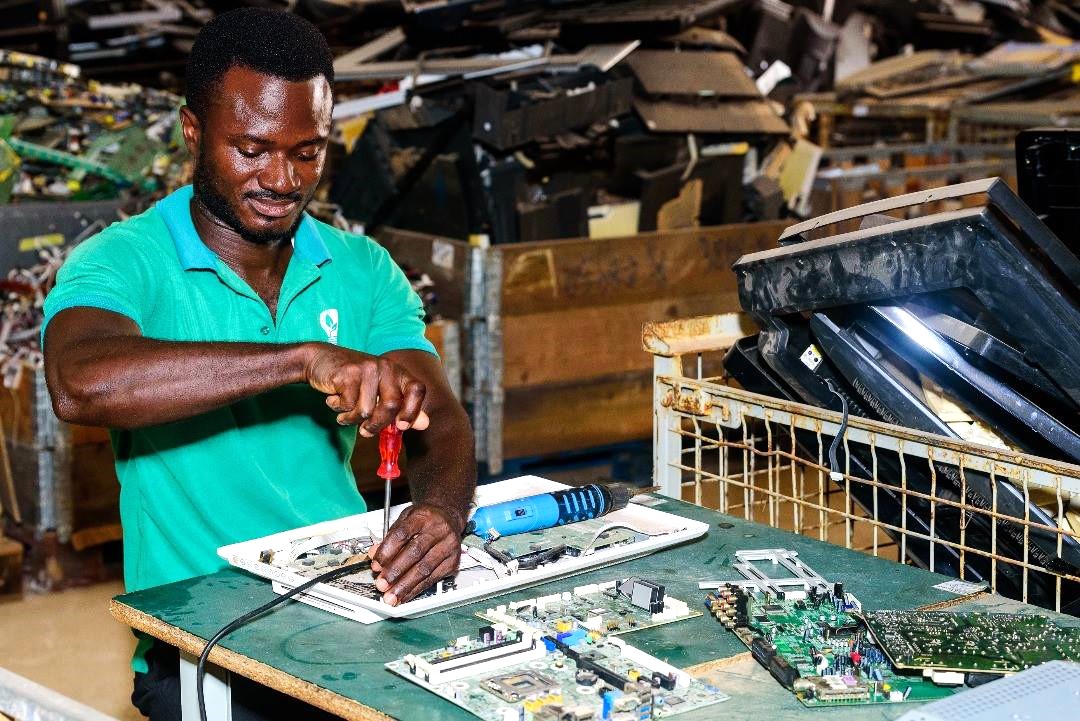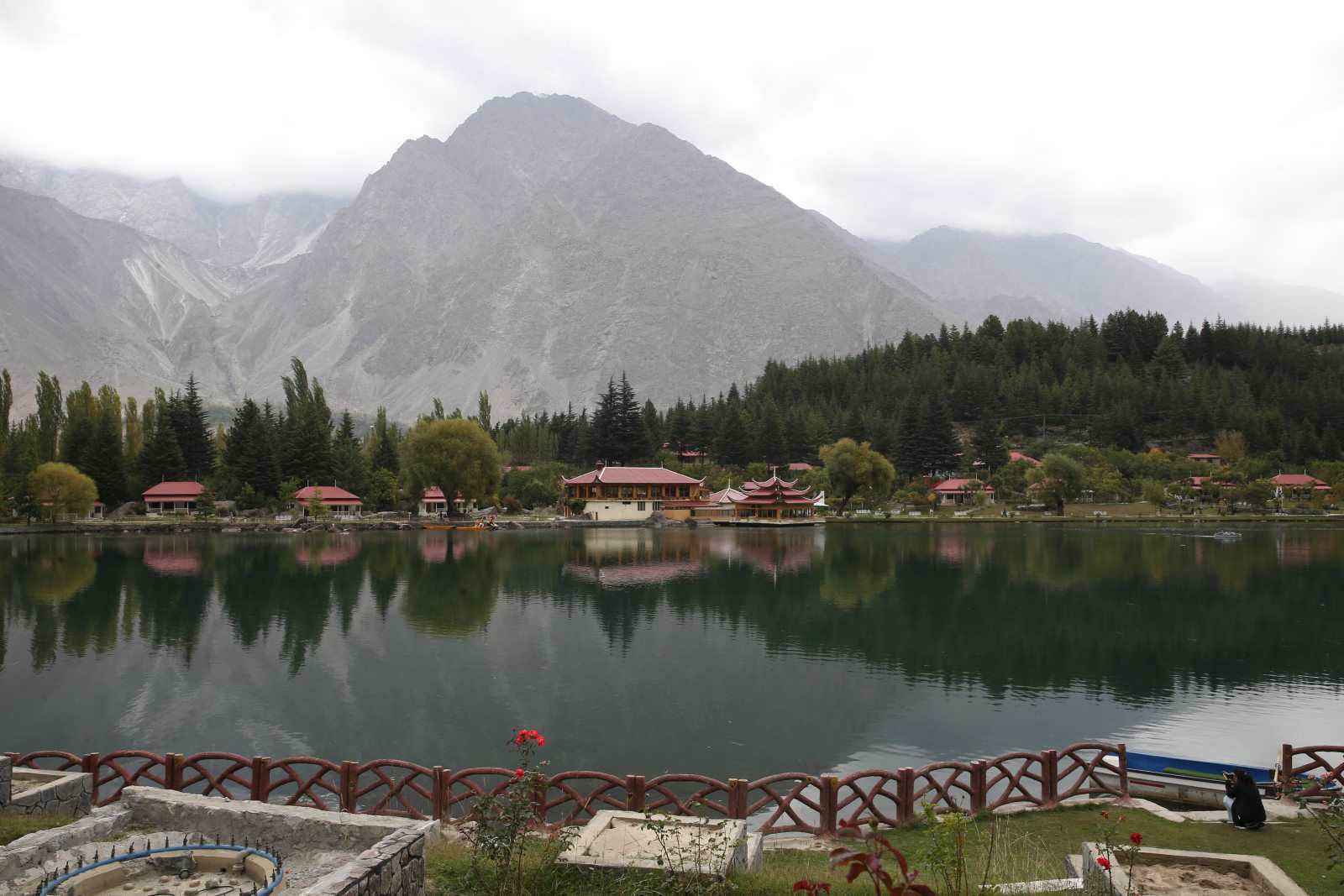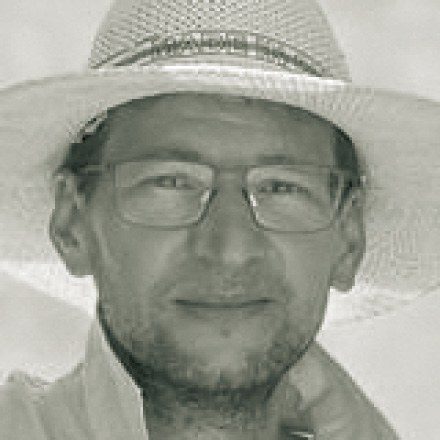Water treatment
“Each drop of water matters”
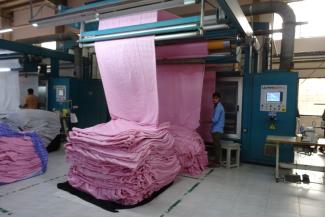
How much water do you use in your facilities per day, and where do you get your water from?
Our dyeing and printing operations make most use of water. For dyeing, we use about 12,990 cubic metres per day. Our printing unit uses 266 cubic metres per day. The source is primarily groundwater. The communities close to our production facilities also depend on groundwater. Use of this resource is regulated by the government of Bangladesh. At DBL, we are always trying to reduce our water footprint by using water-efficient machineries and modern technology. We are also harvesting rainwater for use in our dyeing, printing and apparel-manufacturing complexes. Our approach to saving water includes reducing water use, reusing water and recycling waste water.
Your factory has an effluent treatment plant (ETP) – how does it work?
Our ETP is one of the largest biological ETPs at a dyeing plant in Bangladesh. We have another recycling plant in our printing operation which uses an activated carbon filter and multi-grade carbon filters. It allows us to reuse waste water from our colour kitchen and printing screens. The printing unit’s ETP allows us to recycle almost 70 % of the water used. We comply with the Zero Discharge of Hazardous Chemicals (ZDHC) guideline which requires us to remove the contamination we have caused before water is returned into the nearest river. So far, we are actually reusing seven percent of the recycled water, and the target is to increase that to 20 % this year. The more efficient we make the system, the less water is wasted.
What is the quality of the recycled water – can you drink it?
No, currently the water is not fit for drinking. It is only used for cleaning purposes and some other industrial processes. However, we have considerably reduced the amount of fresh water we require. We believe that each drop of water matters, so we set our target – we call it a key performance indicator – to reduce usage each year.
What progress did you make in the past decade?
Per kilogramme of fabric we dye, we reduced the fresh water we need from 119 litres in 2010 to 66 litres seven years ago and a mere 55 today. We have cut the figure in half. Our target for this year is to bring it down by almost another ten percent to 50 litres per kilogramme. The more efficient our water usage becomes, the harder it actually is to make further progress. That is normal. Everyone picks the low-hanging fruit first.
Do you recycle water voluntarily or must you comply with regulations?
The DBL Group appreciates sustainability – both at the level of society in general as well as at the company level. We have adopted an integrated sustainability approach. At the same time, international brands that source their garments from us have guidelines we have to follow. Moreover, financiers such as the International Finance Corporation (IFC) or DEG, the German development finance institute, are promoting environmental protection too. There is, for example, an IFC programme called Partnership for Cleaner Textiles, in which Puma, the German sportswear multinational, is involved.
How is the water situation in the Dhaka agglomeration in general?
According to the IFC, the garment industry consumes about 1.5 billion cubic metres of groundwater annually and discharges it later as wastewater. Groundwater is being depleted by an annual one to two metres. These figures show that inefficient use of water and lack of awareness of the true costs are serious problems. They are being addressed, though we probably need faster progress. Bangladesh needs to make more use of water-treatment plants and effluent treatment plants. Water must be recycled. Moreover, we should do more to harvest rainwater. The discharge of hazardous chemicals must stop.
Who is raising awareness for these issues?
The government is doing so and so are international brands as well as development finance institutions. I have already mentioned the IFC and DEG. The World Bank Group, moreover, has a Water Resource Group – or 2030 WRG for short. It conducts meetings with various stakeholders in Bangladesh. Our company is an active member of the 2030 WRG.
M. A. Jabbar is managing director of DBL Group.
jabbar@dbl-group.com

